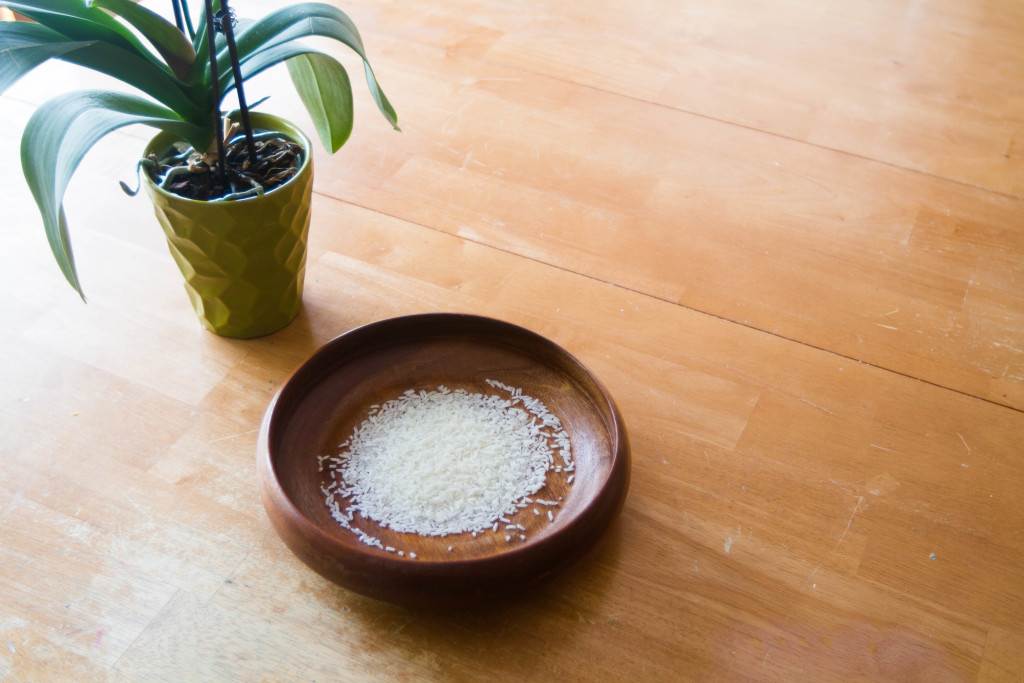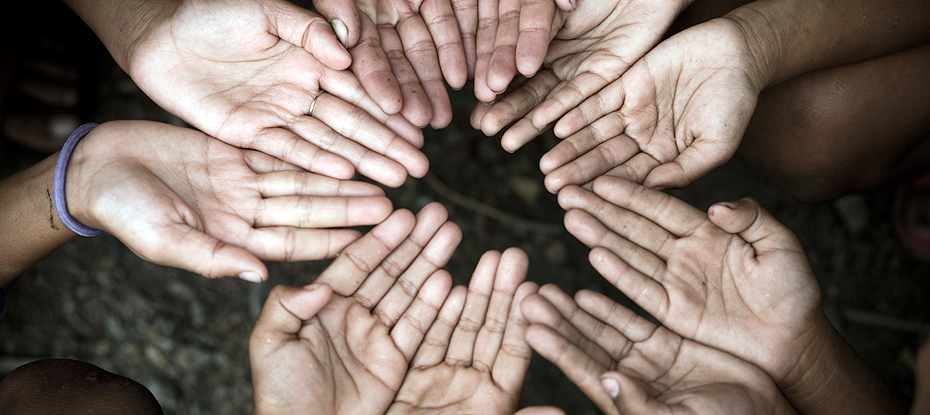More and more US college students are going abroad or going on service trips, and witnessing unimaginable poverty for the first time. While it’s really great that more people are opening their eyes and seeing world issues first hand, it’s important to be respectful of the people you are observing.
Chances are, if you’ve gone abroad or even studied a so called “developing” country in a class, you’ve heard someone equate poverty with simplicity and even happiness. They probably said something along the lines of, “Those people have nothing and yet they still find a way to be happy.”
That’s problematic for a whole bunch of reasons. First of all, yes, an impoverished person may very well be happy and I’m not trying to undermine that emotion at all. But their happiness is not due to the fact that they “have nothing.” We can’t look at a situation and assume a cause and effect relationship. I know you feel me here, stats majors.
There is a huge difference between voluntary simplicity, which is when middle or upper class individuals choose to become less materialistic or money focused, and poverty which is anything but voluntary.
I had the incredible opportunity to travel to India last winter and along with trying some unbelievable food and visiting the Taj Mahal, I saw poverty unlike anything I had ever seen before. My class spoke with a priest working to build more schools in Mumbai slums who was adamant about how important it is for aid groups from abroad to show respect to the people they are helping.

Photo courtesy of economicstudents.com
The nonprofit he works for called REAP, is built on the idea of giving “a cup for the classroom.” The $2 you would spend on a small coffee could pay for 2 weeks of schooling for a child in the slums. So maybe brave making your own coffee tomorrow and give the $2 you save to charity.
In the slums, I saw children playing and women laughing, but I also saw immense pain and disrepair. And I’m gonna be honest here — it smelled really, really bad. It was the kind of smell that stays with you even after you’ve left the source. I truly don’t believe that anyone, if given the choice, would choose to live in a slum if their situation didn’t force them to. So to imply that a person is happy because they live in a place like that is totally nuts.

Photo by Bailey Culpepper
Yeah, money can’t buy happiness, or as Jessie J more concisely says, “It ain’t about the money,” but it sure as hell is easier to be happy when you don’t have to worry about when your next meal will be.
A person in poverty may be happy because their best friend just said something funny or the weather is nicer than they were expecting, but their poverty is certainly not a factor in their happiness, and for many people, it’s offensive for you to view it as such. Just ask 1 in 7 of your fellow college students who deal with hunger on the daily.

Photo courtesy of yuwsc.org
I’m all for giving aid where aid is needed. Hey, humanity can use all the help it can get. But it’s wrong and privileged to romanticize poverty as an equivalent to a simple, happy life. So let’s stop this narrow-minded thinking once and for all.
Next time someone in your PolySci seminar starts to say “I know they are in poverty but they look so happy…” Raise your hand and as politely as possible, school their ass because now you know that romanticizing poverty is a privilege that only people who do not live in poverty are lucky enough to have.


